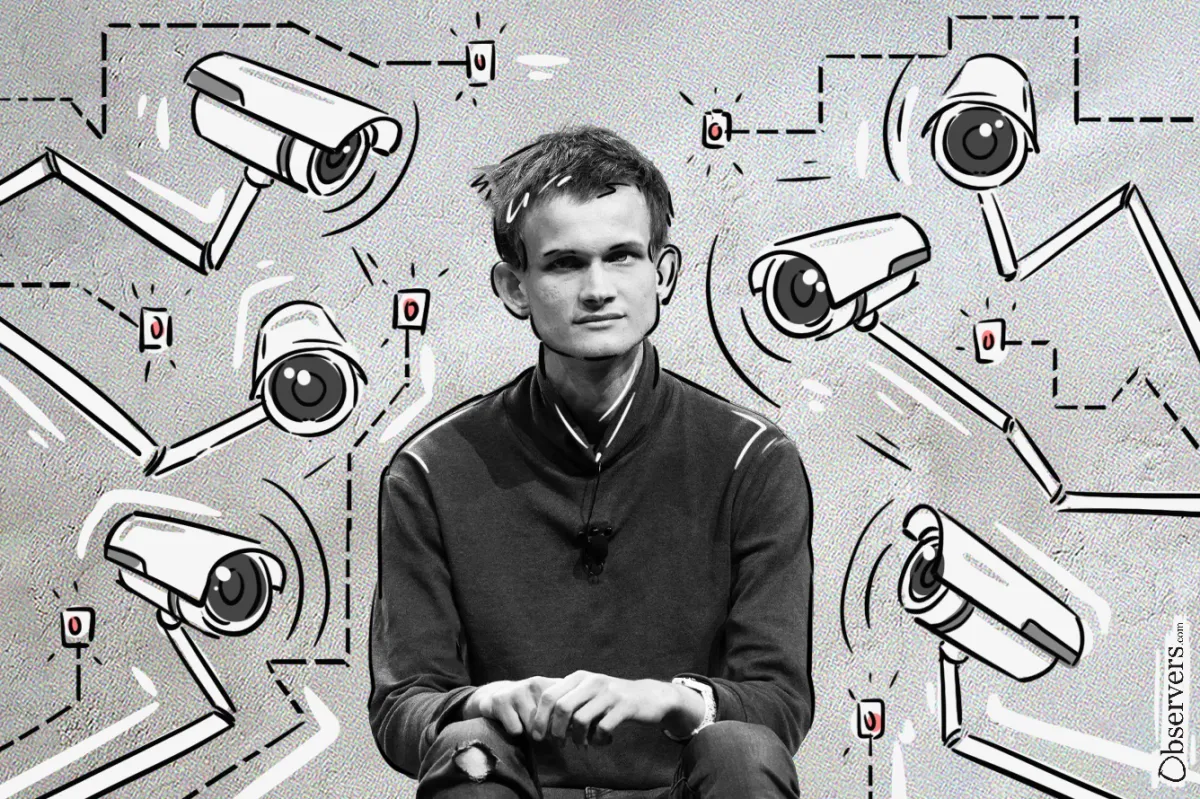
Looking at Vitalik Buterin’s recent post on X (formerly Twitter), it is clear that the Ethereum development team may soon place significantly more emphasis on privacy.
According to Buterin, the rapid advancement of AI and its ability to analyze vast amounts of data pose a serious threat to our everyday lives, especially for blockchain users.
“AI is greatly increasing capabilities for centralized data collection and analysis while greatly expanding the scope of data that we share voluntarily. In the future, newer technologies like brain-computer interfaces bring further challenges: we may be literally talking about AI reading our minds.”
In response, Buterin is calling to “Make Ethereum Cypherpunk Again” by integrating stronger privacy features into the network. Currently, there are two possible privacy roadmaps for Ethereum:
- Radical privacy — where privacy is the default. This would involve private transactions, private smart contract execution, and a private mempool.
- Optional privacy — where privacy is a user-enabled feature for those who want it.
Buterin seems to favor the second, lighter approach. Implementing radical privacy by default, he notes, could lead to unpredictable consequences that are difficult to anticipate and manage.
One of the key features in this new privacy-oriented roadmap is the introduction of shielded balances and shielded transactions.
“...when you send funds to someone else, there should be a ‘send from shielded balance’ option, ideally turned on by default.”
The goal is to make privacy feel seamless and intuitive from a user experience standpoint. Users shouldn’t need to download separate “privacy wallets.” Instead, privacy tools like Railgun or Privacy Pools could be built directly into Ethereum wallets.
Another proposed shift is toward using “one address per application” by default. That means users would use different wallet addresses for different services—one for Uniswap, one for OpenSea, one for a blockchain game, and so on.
“According to Buterin, this is a bullet we should bite, because it’s the most practical way to remove public links between your activities across different applications.”
New dApps could even integrate their own wallets that automatically generate new addresses for each use, reducing the burden on users to manage this manually.
Buterin is also in favor of tools like FOCIL and EIP-7701, which would let people send private transactions without having to go through relayers. Cutting out these middlemen not only simplifies things for users but also makes it harder for anyone to censor or interfere with how privacy apps work.
He is also pushing for the use of Trusted Execution Environments (TEEs) to improve privacy when using Ethereum wallets like MetaMask. TEEs can help keep what you are doing hidden from the wallet’s backend providers (like Infura), so they can’t see your IP address or exactly what you are interacting with.
Altogether, these tools aim to normalize privacy on Ethereum, so that using tools like Tornado Cash or other privacy protocols doesn’t raise suspicion.
The big question is when these features could realistically be implemented. As with all things Ethereum, this could take years. Development is split among various research teams working on different parts of the network. Privacy features will need to be carefully integrated into existing roadmaps.
While Ethereum is still laying out its roadmap for privacy, Solana has already taken a step forward by launching a new token standard that supports confidential balances and transactions. This update is especially appealing for real-world asset issuers on Solana, as it offers a way to achieve privacy while staying compliant with regulations.
That said, Solana isn’t planning to make privacy the default for all users, at least not for now. Instead, it’s being offered as an optional feature for those who need it.
Still, the overall trend toward privacy is becoming more clear. More blockchain networks are starting to recognize its importance and are rolling out tools to meet the growing demand from users who actually need privacy built in.

